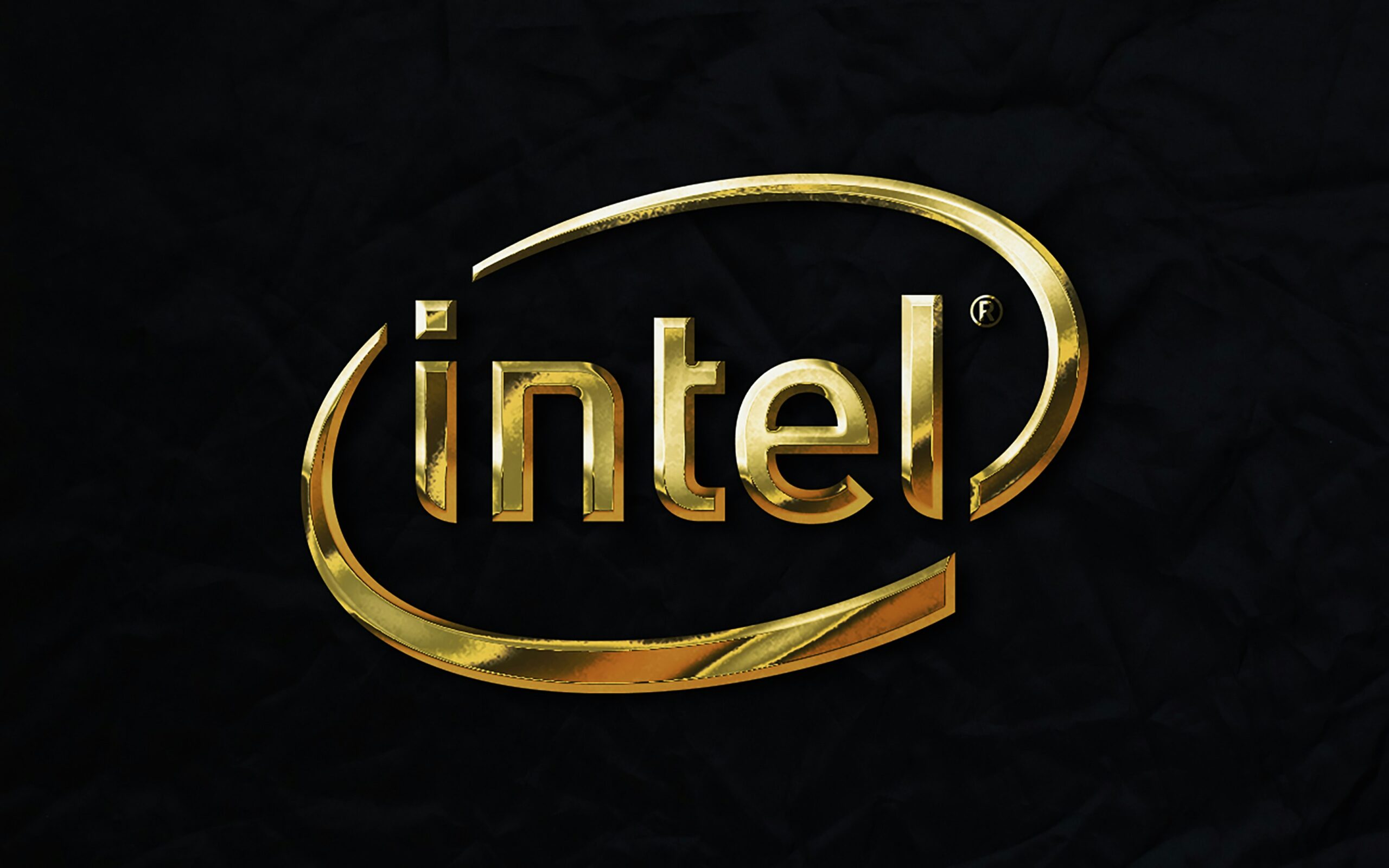Donald Trump Freezes Export Controls to Secure Trade Deal with China
The Trump administration has temporarily paused restrictions on technology exports to China amid ongoing trade negotiations. This move is seen as a strategic effort to facilitate high-level talks between President Donald Trump and Chinese President Xi Jinping scheduled later this year.
Background: US-China Trade Talks and Export Controls
The U.S. Department of Commerce’s Bureau of Industry and Security (BIS) manages export controls designed to limit the transfer of sensitive technologies that could threaten national security. In recent months, BIS was reportedly instructed to avoid imposing tougher restrictions on China to maintain a cooperative environment for the third round of trade talks held in Stockholm, following earlier meetings in Geneva and London.
This decision reflects a delicate balance between protecting U.S. technological leadership and avoiding further escalation in trade tensions.
The Nvidia H20 Chip Controversy
One of the most debated issues concerns Nvidia’s H20 semiconductor chip, engineered specifically for the Chinese market. Earlier in 2025, the Trump administration considered blocking exports of this chip, particularly after the Biden administration restricted more advanced chips.
However, after direct lobbying by Nvidia CEO Jensen Huang, the administration reversed its position and allowed exports of the H20 chip to continue under close supervision.
Security Concerns
Several security experts and former officials have raised alarms about the potential military applications of the H20 chip. They argue that this chip could significantly enhance China’s artificial intelligence (AI) capabilities, specifically in areas such as autonomous weapons systems and intelligence surveillance.
In a formal letter to Commerce Secretary Howard Lutnick, twenty experts, including former deputy national security adviser Matt Pottinger, expressed concern that exporting the H20 chip would jeopardize the United States’ economic and military advantage. The letter highlights that the H20 outperforms the previously restricted H100 chip in AI inference, a critical function in real-time AI operations. (Full letter here)
Industry Response
Nvidia disputes these claims, stating that the H20 chip does not enhance military capabilities and aligns with the administration’s AI export policies. The company warns that over-restricting exports could push China to accelerate its domestic semiconductor development, undermining U.S. influence.
Strategic and Economic Implications
The export control freeze is widely regarded as a strategic move to preserve the momentum in trade negotiations with China. Officials are cautious about provoking retaliation, especially given China’s ability to restrict exports of critical rare earth minerals and magnets essential to U.S. industries.
Despite objections from some security circles, the administration continues to exercise strict oversight on each export license for the H20 chip but has not formally implemented new export restrictions.
The Broader Technology Competition
The debate over the H20 chip export reflects the broader technology competition between the U.S. and China. Semiconductors and AI technologies are central to future military power and economic leadership.
Former White House strategist Steve Bannon has criticized the decision to allow the H20 export, accusing companies of prioritizing profits over national security.
Meanwhile, the Commerce Department is preparing to expand its export blacklist to include subsidiaries of Chinese chip manufacturers, further tightening technology controls. (Source)
Conclusion
The freeze on export restrictions illustrates the Trump administration’s effort to strike a balance between national security concerns and diplomatic engagement with China. As trade talks continue, the government faces increasing pressure from security experts and industry leaders on how to best manage the export of sensitive technologies that could impact both economic interests and geopolitical stability.
References
- Financial Times: Trump freezes export controls to secure China trade deal
- Full letter on H20 chip restrictions: PDF
- Financial Times report on export blacklist expansion: FT article





